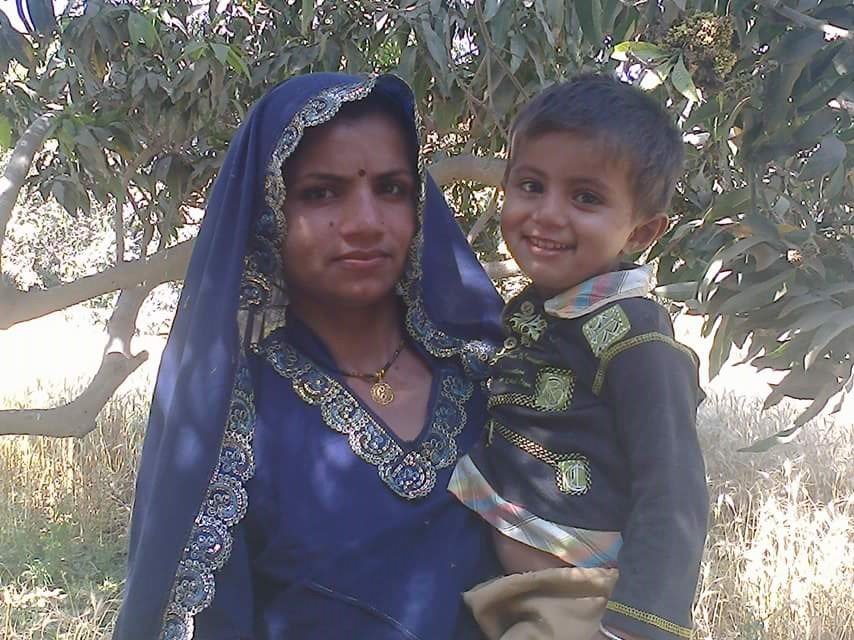By Hannah Valentine | Public Relations Officer
Adult literacy in developing countries has lower rates than in developed countries, and the effects on social status are devastating. Illiterates are stuck in a rut of poverty and are incapable of working higher paying jobs. In developing countries where literacy rates are lower, poverty comes with challenges of education. Schools are few and far between and funds to operate the schools are just as scarce. Illiterate adults, especially women, struggle to find a voice in their communities, and severe gender discrimination affects many.
Because of having no Adult literacy education in areas of rural Sindh, women are especially becoming the target of discrimination. There is a struggle for women's rights, status, opportunities to grow, and gender equality.
Take Bahgwani for example. She was uneducated and got married when she only became a teenager. Since then, Bhagwani continued to live in a bound culture where women had less or no freedom to live out their rights. She realized that by not having an education how it was difficult for a woman to live in a society. She couldn't help her children in getting an education, neither was she able to help her husband in meeting their financial needs.
"I don't want my children to be uneducated like me. I want them to have what I couldn't, and that is education, respect, and a good life", says Bhagwani.
Bhagwani has a heart that wants herself and her family to be educated. She was joyous and almost tearful when she learned about Women's Empowerment Programme in her village.
After joining Women's Empowerment Programme at PEP, Bhagwani now has the opportunity to educate other women about the importance of education. With WEG's help she has started to learn how to read books on her own and is even helping the Women's Empowerment Programme to start an Adult Literacy course for all the members.
Join Bhagwani and many other women in establishing a proper Adult Literacy Centre in rural Sindh because they believe in change through education.
Links:
Project reports on GlobalGiving are posted directly to globalgiving.org by Project Leaders as they are completed, generally every 3-4 months. To protect the integrity of these documents, GlobalGiving does not alter them; therefore you may find some language or formatting issues.
If you donate to this project or have donated to this project, you can receive an email when this project posts a report. You can also subscribe for reports without donating.
